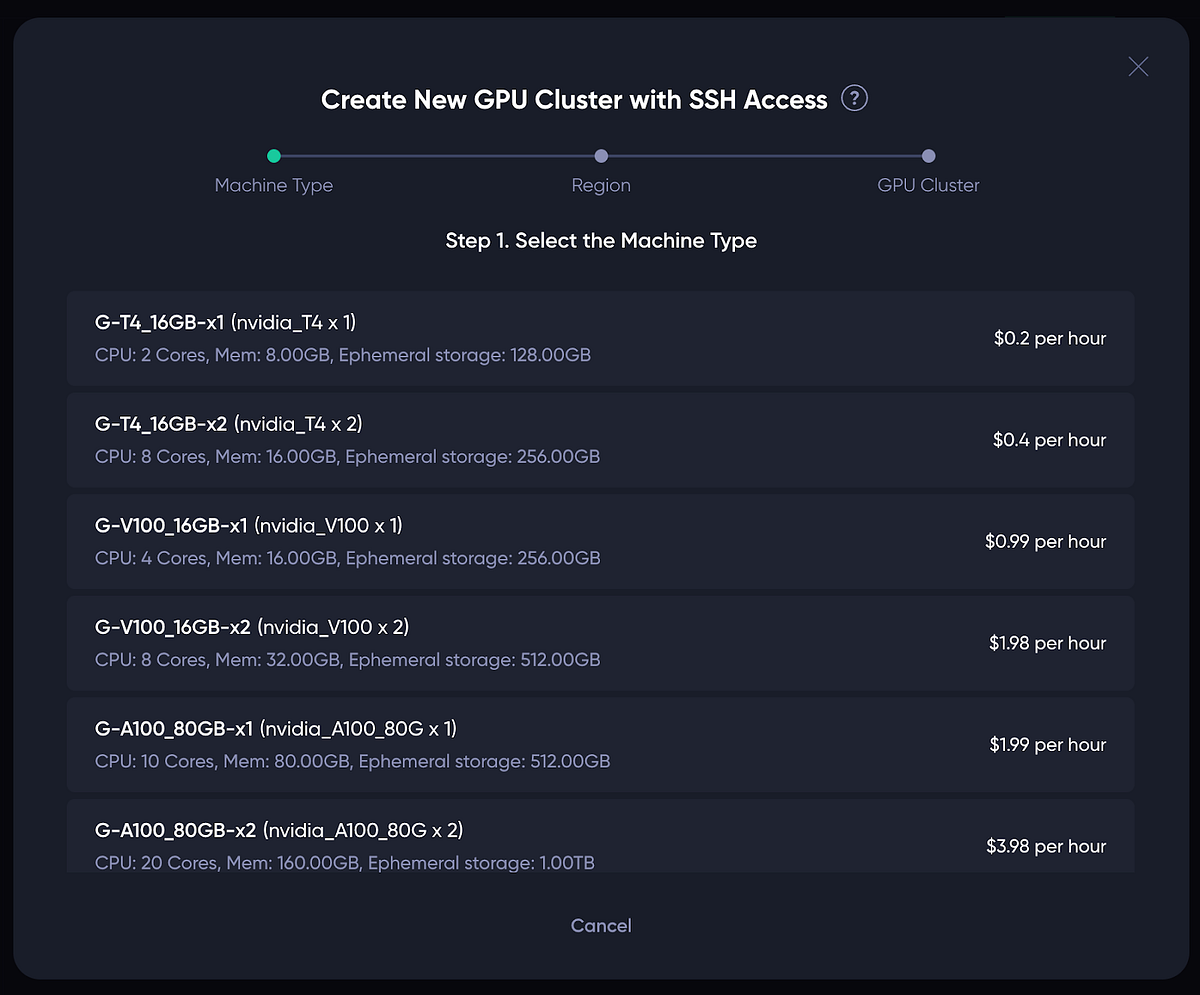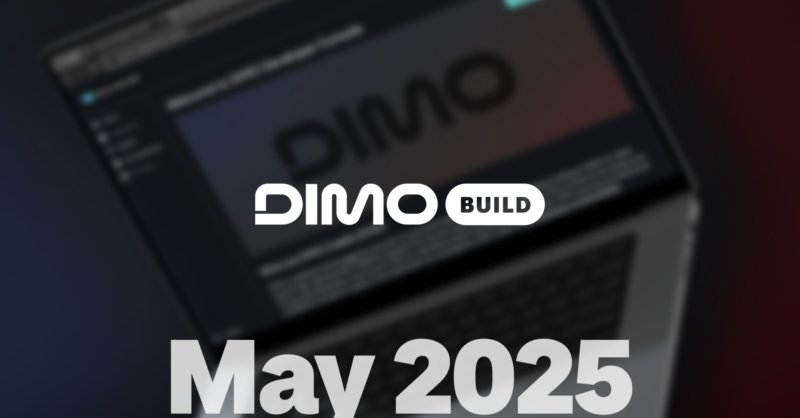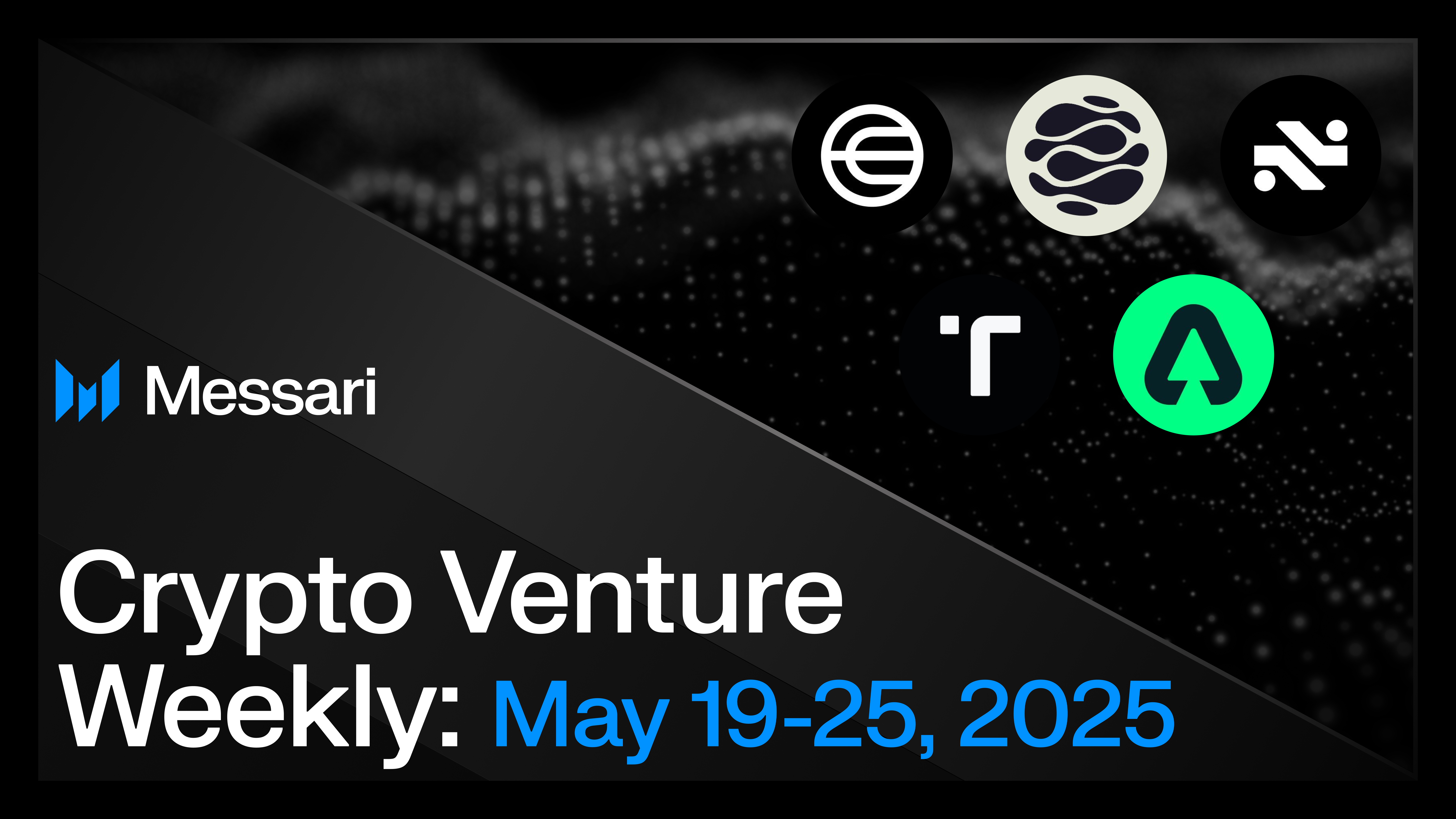Exploring Promising Crypto Projects: Qubetics, Injective, and Bittensor
In the rapidly evolving cryptocurrency landscape, three projects are currently capturing significant attention: Qubetics ($TICS), Injective (INJ), and Bittensor (TAO). Each of these tokens offers unique value propositions, but Qubetics stands out with its innovative QubeQode IDE—a no-code platform designed to simplify blockchain development. This AI-powered tool allows users, even those without coding experience, to create decentralized applications (dApps) easily. By democratizing access to blockchain technology, Qubetics empowers entrepreneurs and businesses to innovate without the need for specialized technical skills, making it a game-changer in the industry.
The excitement surrounding Qubetics is further amplified by its ongoing presale, which has already sold over 479 million $TICS tokens, raising more than $13.2 million. Currently priced at $0.08073, the presale is structured to increase prices every week, with analysts projecting that the token could reach $1 after the presale concludes. This potential for substantial returns—over 1,138%—is drawing investor interest, positioning Qubetics as one of the most promising tokens in the market right now.
On the other hand, Injective (INJ) has seen a recent price dip to $14.02 amid market volatility, despite a surge in trading volume, indicating active investor engagement. Bittensor (TAO), merging AI with blockchain, is also gaining traction with price predictions suggesting significant growth in the coming months. As the cryptocurrency market continues to fluctuate, investors are encouraged to conduct thorough research and consider the risks involved, especially with exciting projects like Qubetics leading the charge in innovation and potential returns.
Related News





